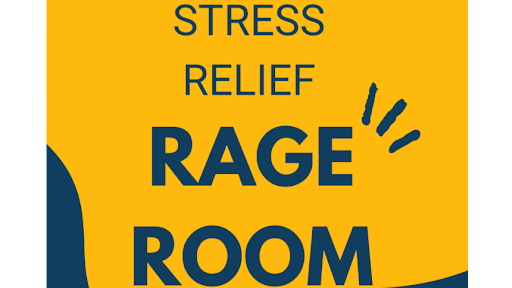FCPS considers pushing back high school start times after 8 a.m.
Beginning in the 2015-2016 school year, FCPS could join 72 of the 95 Virginia counties whose high schools start after 8 a.m.
Fairfax County School Board adopted a resolution in April 2012 to seek solutions that would establish high school start times at 8 a.m. or later. In March 2013, FCPS contracted the Children’s National Medical Center for Sleep Medicine to conduct further research on Fairfax County teens’ sleeping habits and assess if changes were necessary. Based on this research, the CNMC developed four scenarios to change high schools start times and presented them in April 2014.
The first scenario will set a high school start time of 8:30 a.m. The school day will end at 3:20 p.m. According to estimates by FCPS, this would cost the county $7,645,208 and would require 60 additional buses.
Another option the county has offered allows high schools to start between 8:10 and 8:20 a.m. so there would be a 3:00 – 3:10 p.m. dismissal. To accommodate this option, 38 additional buses are needed, costing the county $4,665,128.
The third option would essentially “flip” FCPS middle and high school start times and require 46 additional buses. High school would commence between 7:50 and 8:20 a.m. and end between 2:40 and 2:50 p.m. The approximate cost of this switch is $5,583,005.
The fourth scenario would make high schools start nearly two hours later than currently at 9:15 a.m. Dismissal would occur at 4:05 p.m. This option is the most cost-effective and only costs $2,759,749 and mandates 25 extra buses.
Community meetings have been held at various high schools, including one at South Lakes May 27, to gather feedback from parents, student, employees, and the community on the four options under consideration. In a video address to county stakeholders, Superintendent Karen Garza emphasized the importance of community input in determining the best interests of high school students.
“While these four options represent our best thinking so far, we now turn to our community for input,” Garza said. “We welcome your thoughts and ideas. And while these are the best options at this moment, we will use your input to develop a final recommendation to our board.”
FCPS has debated school start times change for over 15 years as county-wide surveys have consistently found that FCPS students are not getting adequate sleep. The issue came to the forefront in 2009 when the School Board rejected a plan to move back high school start times in a 10-2 vote.
Parents and teachers criticized movements to amend school start times in Fairfax County, citing the effect on parents’ work times, students’ extracurricular activities, and child-care schedules. There is no proposed solution to address these concerns with the new scenarios presented by the CNMC, which is still of concern to sophomores and freshmen who would be affected by this change.
“I play volleyball after school, so starting school later would significantly affect practice times,” sophomore Daphney Edouard said. “All sports practices would get pushed back. On game days, we already get home extra late, so new start times would make the situation worse.
Other freshmen believe that pushing back start times would not better accommodate teen sleeping habits.
“I don’t want school to begin later because everything will just be pushed back,” freshman Jenna Kaufman said. “We’ll get the same amount of sleep because we’ll go to bed later.”
Sophomore Salma Basnet agrees.
“We will be up working even later than we already do on homework assignments, so moving the start times won’t make much of a difference,” Basnet said.
Scientists behind the CNMC study and other similar studies disagree. The College of Education and Human Development at the University of Minnesota studied school districts in that state that implemented later start times for high school students. The study found that students actually continued to go to bed at the same time, an argument substantiated by the circadian rhythms unique to adolescents.
The latest push for changes to start times is due to CNMC’s belief that biological changes in sleep’s duration and timing occur in the early teen years, resulting in an inability to fall asleep early. According to Smart School Start, the teenage body is incapable of falling asleep naturally before 11 p.m. Taking into account that teens need an average of 8.5- to 9.5 hours of sleep per night, students should naturally be expected to wake up after 8 a.m.
The CNMC study, according to The Washington Post, found that 55 percent of Fairfax County teens get less than six hours of sleep a night when experts recommend teens get at least nine hours of sleep. By failing to reach the recommended amount of sleep, teens create a chronic sleep “debt” of 10 hours per week.
According to smartschoolstart.com, “adolescents often sleep in on weekends in an attempt to make up for this school day sleep debt.” However, this practice does not compensate for the hours of sleep lost during the week, so adolescents live in a chronic state of “jet lag.”
“Delaying school start times is one of most important ways to help ensure adolescents are getting enough sleep,” Judith Owens, director of sleep medicine at CNMC, said at the May 27 community meeting.
A final recommendation will be presented to the School Board in July and will be voted on in October.











